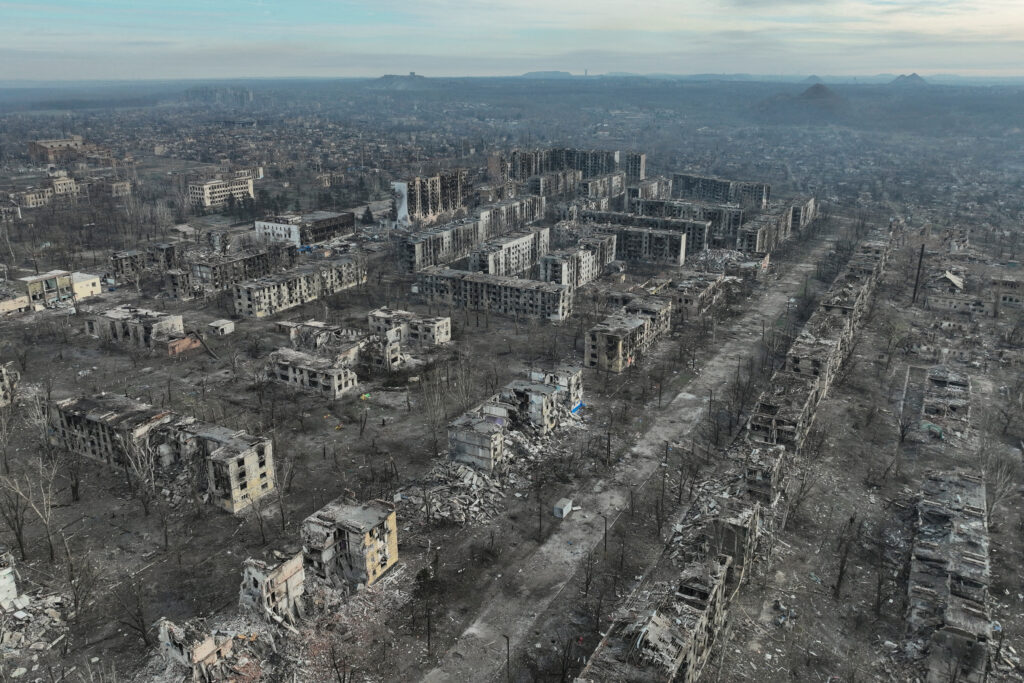
Introduction
The city of Donetsk, located in eastern Ukraine, has become a focal point of international attention due to the ongoing conflict that erupted in 2014. The region is critical not only for its strategic importance but also for the significant humanitarian issues faced by its residents. With continuous reports of military activity and humanitarian needs in the area, understanding the developments in Donetsk is vital for both local and global communities.
Current Developments
As of now, Donetsk remains largely controlled by Russian-backed separatists. Recent reports from various humanitarian organizations indicate that the heavy fighting has resumed, particularly in the suburbs near the Donetsk airport, which has been a hotspot for conflict. Civilians living in and around Donetsk face dire conditions, including lack of access to basic services such as clean water, healthcare, and safe shelter.
The latest estimates from the United Nations indicate that over 2.5 million residents of the Donetsk region require urgent humanitarian assistance. Aid organizations are struggling to deliver services due to ongoing hostilities and the deteriorating security situation. Furthermore, many residents have been displaced multiple times, exacerbating an already complex humanitarian crisis.
International Response
The international community has expressed concern over the situation in Donetsk, with various countries calling for a ceasefire and negotiations to resolve the conflict peacefully. The OSCE Special Monitoring Mission to Ukraine continues to operate in the region, albeit under challenging circumstances, to facilitate dialogue among involved parties and report ceasefire violations.
In recent months, countries like Canada have pledged additional support to Ukraine, including financial assistance and military aid, emphasizing the need to uphold sovereignty and territorial integrity in line with international law. This support highlights the ongoing global commitment to addressing the issues arising from the conflict in Donetsk.
Conclusion
The situation in Donetsk remains fluid and deeply concerning, with humanitarian needs at an all-time high. The importance of diplomatic efforts cannot be overstated, as continued conflict could lead to further destabilization in the region and beyond. As the world watches, it is imperative for the international community to remain engaged and provide support where it is needed most, ensuring that the voices of those in Donetsk are heard and addressed.



